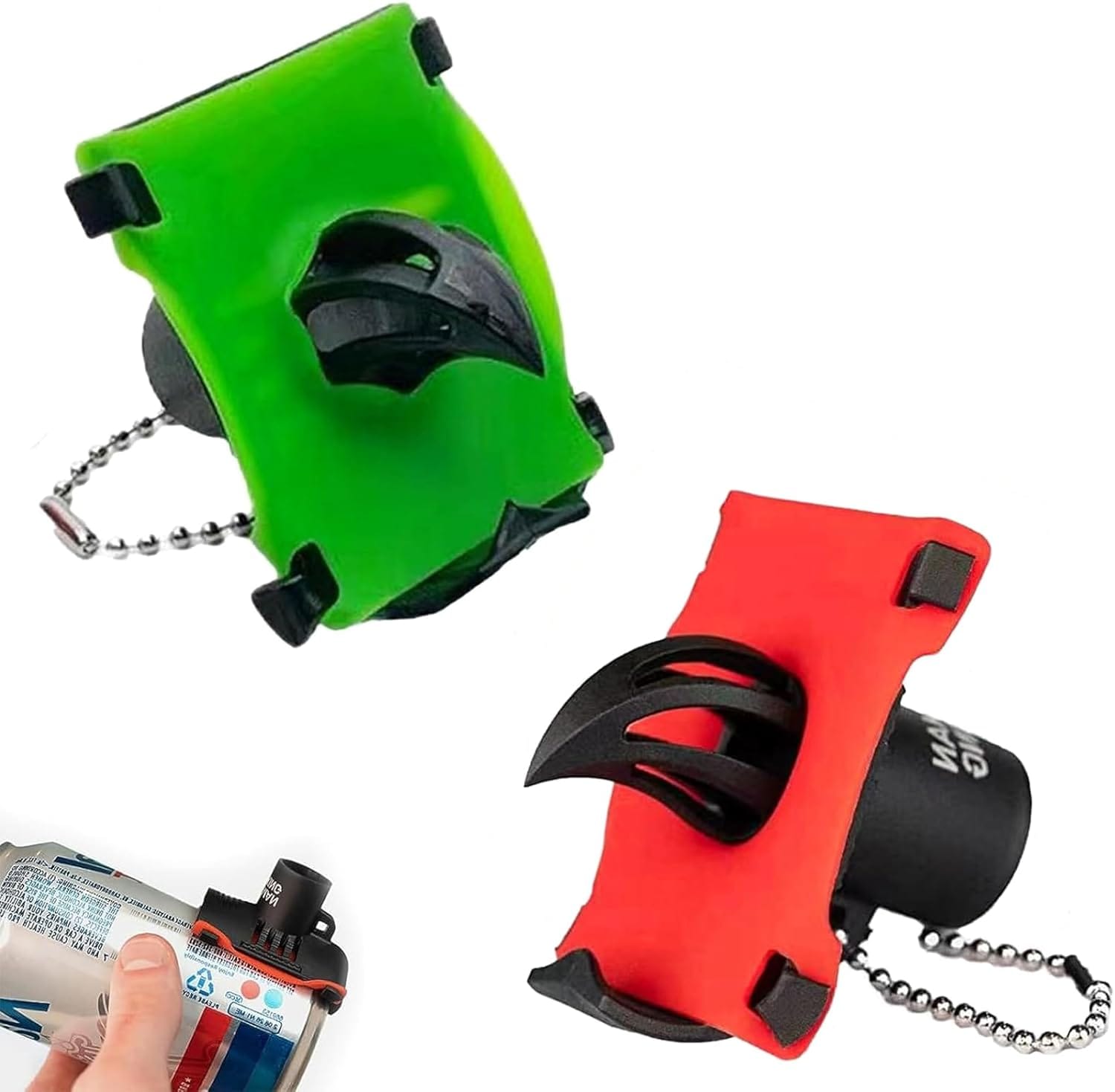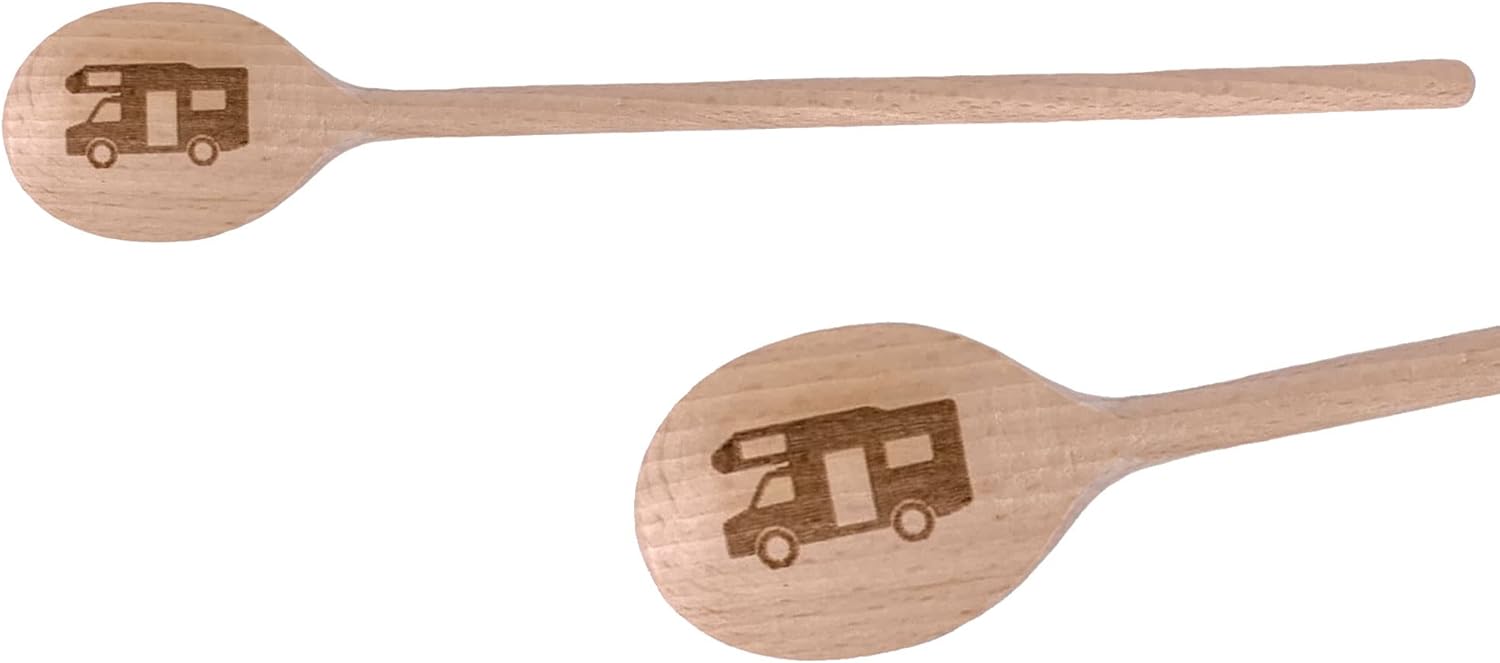Have you ever come across the word „Gadget“ and wondered, Was heißt Gadget eigentlich? Maybe you’ve heard people talk about cool little devices that make life easier, but the exact meaning isn’t clear to you yet.
Understanding what a gadget really is can change how you see everyday technology around you. You’ll discover the true meaning of “Gadget,” why these small tools matter, and how they can make your daily routine simpler and more fun. Keep reading, and you’ll never look at your devices the same way again!
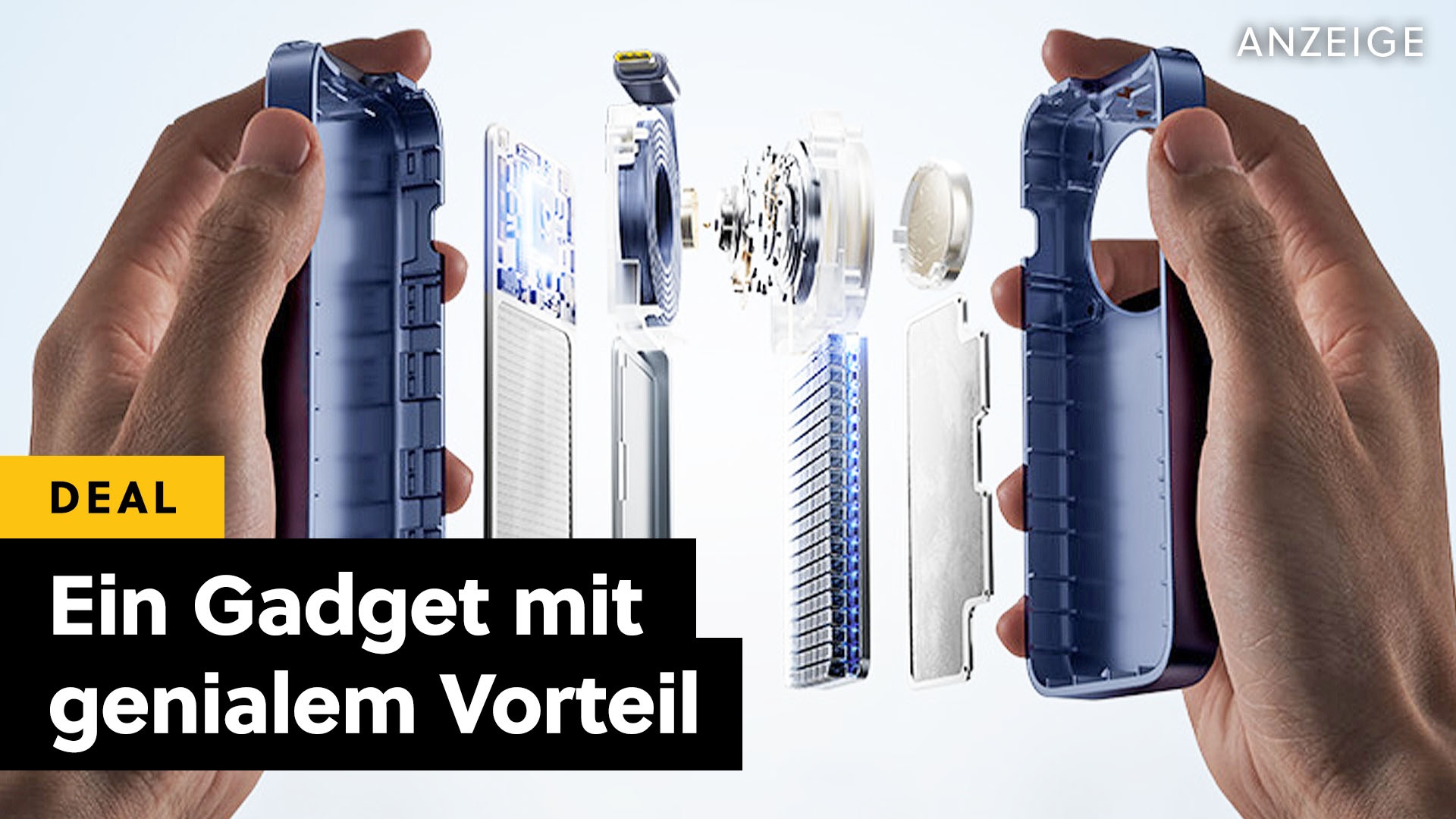
Credit: www.gamestar.de
Meaning Of Gadget
The word „gadget“ often appears in daily life. Many people use it without knowing its exact meaning. A gadget is a small tool or device. It usually has a specific function. Gadgets make tasks easier or more fun.
Gadgets can be electronic or mechanical. They often bring convenience and solve simple problems. Understanding what a gadget means helps in choosing the right tool.
Definition Of Gadget
A gadget is a small machine or tool. It has a special purpose. Gadgets are often new and clever. They can be simple or complex. Many gadgets are designed to help people.
Origin Of The Word Gadget
The word „gadget“ came from English. It started in the late 1800s. People used it to name small mechanical parts. Over time, the meaning grew. Now it means any small useful device.
Common Examples Of Gadgets
Smartphones, smartwatches, and USB drives are gadgets. Kitchen tools like peelers and timers also count. Gadgets help in work, cooking, and entertainment. They are small but very useful.
Why Do People Like Gadgets?
Gadgets make life easier and faster. They save time and effort. Many gadgets are fun to use. People enjoy new technology and designs. Gadgets add value to daily routines.
Common Types Of Gadgets
Gadgets are small tools that help with daily tasks. They come in many shapes and types. Some gadgets make life easier, while others provide entertainment. Understanding common gadgets helps you use them better.
Electronic Devices
Electronic devices include phones, tablets, and laptops. These gadgets connect you to the internet and friends. They help with work, learning, and fun. Most people use these daily. They are easy to carry and use.
Smart Home Tools
Smart home tools control your house automatically. Examples are smart lights, thermostats, and security cameras. These gadgets save energy and keep your home safe. You can control them with your phone or voice. They make home life more comfortable.
Wearable Tech
Wearable tech includes smartwatches and fitness trackers. These gadgets monitor health and activity. They count steps, measure heart rate, and track sleep. Wearable tech keeps you informed about your body. Many people use them to stay healthy.
History Of Gadgets
The word „gadget“ describes small tools or devices. People use gadgets to make tasks easier. Gadgets have changed a lot over time.
They started as simple tools and grew into complex machines. Technology has helped gadgets become part of daily life. Understanding their history shows how humans solve problems.
Early Gadgets And Tools
Early humans made tools from stone and wood. These tools were the first gadgets. They helped with hunting, building, and cooking. Simple devices like the wheel also count as early gadgets.
Industrial Revolution Gadgets
The Industrial Revolution brought many new gadgets. Machines like the steam engine changed work and transport. Factories used tools to produce goods faster. Gadgets became more mechanical and powerful.
20th Century Innovations
Electricity led to new gadgets in homes and offices. Radios, telephones, and cameras became common. Later, computers and mobile phones changed communication. These gadgets made life more connected.
Modern Digital Gadgets
Today’s gadgets include smartphones, tablets, and smartwatches. They combine many functions in one device. The internet helps gadgets share information quickly. Modern gadgets focus on convenience and speed.
Impact On Daily Life
Gadgets have a strong impact on daily life. They change how people do simple tasks. Small devices help save time and make life easier. Many people use gadgets every day without thinking about it. Their effect is clear in many parts of life.
Convenience And Efficiency
Gadgets make daily tasks faster and easier. Smartwatches track health and remind people of appointments. Kitchen gadgets speed up cooking and cleaning. These tools reduce effort and save time. People finish work quickly and have more free time.
Communication
Gadgets help people talk with others easily. Smartphones allow calls, texts, and video chats anywhere. Social media apps keep friends and family connected. Language translation gadgets break barriers between people. Communication feels simple and instant with these tools.
Entertainment
Gadgets offer many ways to enjoy free time. Tablets and smartphones provide games, movies, and music. Streaming devices give access to thousands of shows. Portable gadgets let people enjoy entertainment anywhere. Boredom is less common thanks to these devices.
Choosing The Right Gadget
Choosing the right gadget can be tricky. Many options exist, each with different features. Picking the best one means thinking about what you really need. A good gadget fits your daily tasks and budget. Understanding your needs helps avoid buying something useless. This guide breaks down key points for smart choices.
Purpose And Needs
Start by asking what you want the gadget to do. Use it for work, fun, or both? Some gadgets suit specific tasks better than others. Focus on features that help with your daily activities. Avoid extras that add cost but no real value. Clear needs lead to better gadget choices.
Budget Considerations
Set a budget before you shop. Gadgets come in many price ranges. More expensive does not always mean better for you. Think about what you can spend comfortably. A good gadget fits your pocket and your needs. Keep money aside for future updates or accessories.
Latest Trends
New gadgets often have the newest technology. Trends can show what is popular and useful. But not every new feature is necessary. Choose trends that match your needs and budget. Stay aware but do not buy just for the latest hype. Balance innovation with practicality.
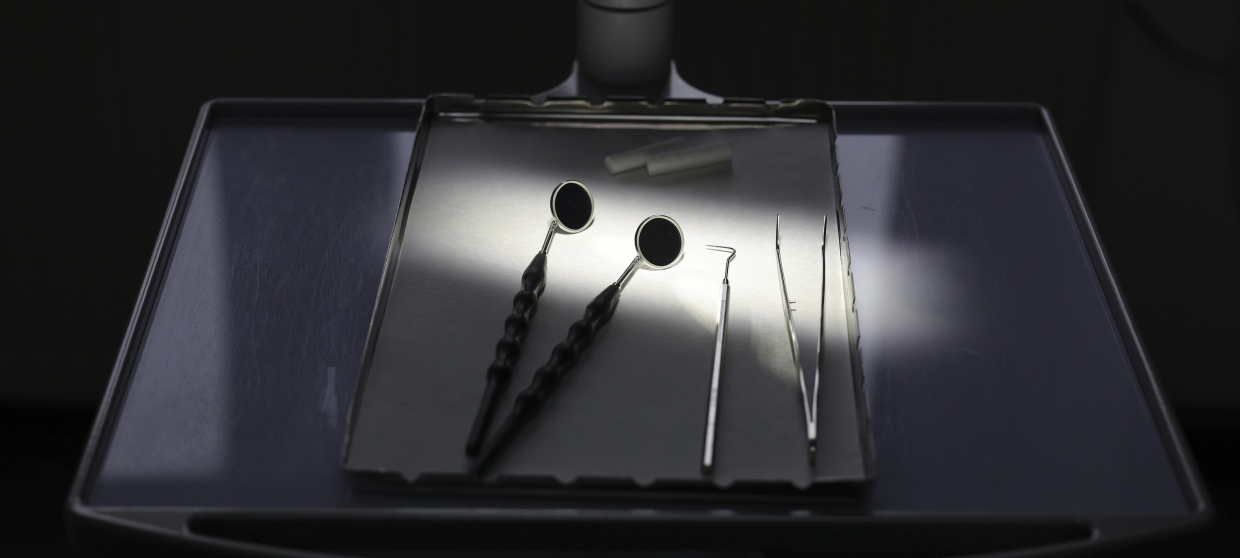
Credit: www.faz.net
Future Of Gadgets
The future of gadgets looks exciting and full of change. Gadgets will become smarter and more helpful in daily life. New ideas and technology will shape how we use these tools. Small devices will do more tasks and connect better with other tech. The focus will be on making gadgets easy to use and good for the environment.
Innovations On The Horizon
New gadgets will bring fresh ideas and features. Flexible screens may become common, making devices lighter and bendable. Wearable gadgets will track health more closely and give real-time advice. Energy-saving tech will improve battery life and charging speed. Expect gadgets that combine many functions in one device.
Integration With Ai
Artificial intelligence will make gadgets smarter. Devices will learn user habits and adjust automatically. Voice control and smart assistants will improve daily interactions. AI will help gadgets predict needs and solve problems faster. This will make technology more personal and helpful for everyone.
Sustainability
Eco-friendly gadgets will grow in importance. Manufacturers will use recycled materials and reduce waste. Energy-efficient designs will lower power consumption. Gadgets will be easier to repair and recycle. This approach helps protect the planet while keeping tech advanced.
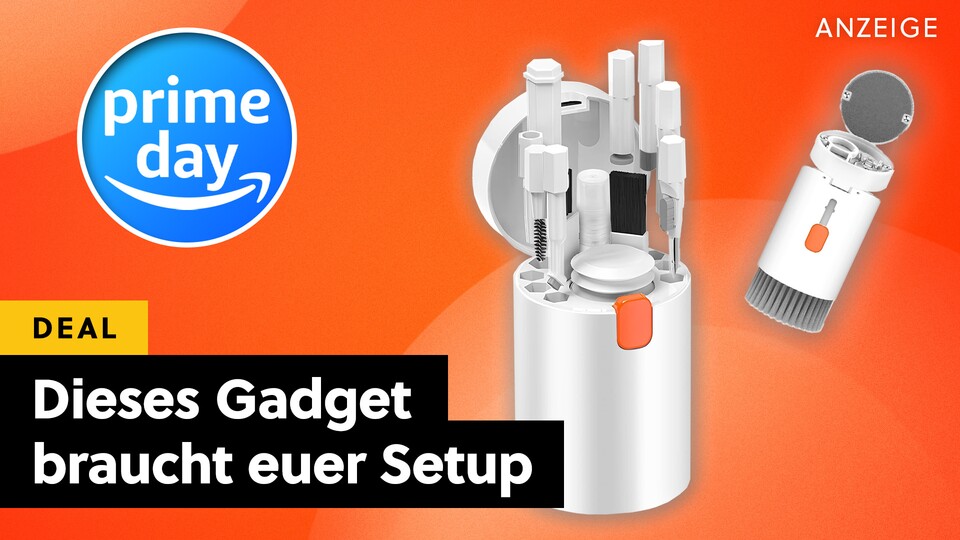
Credit: www.gamestar.de
Frequently Asked Questions
Was Bedeutet Der Begriff „gadget“ Genau?
Ein Gadget ist ein kleines, nützliches elektronisches Gerät. Es erleichtert oft den Alltag oder bietet Unterhaltung. Der Begriff stammt aus dem Englischen und wird für innovative Technologien verwendet.
Welche Arten Von Gadgets Gibt Es Häufig?
Gadgets umfassen Smartphones, Smartwatches, Kopfhörer, Fitness-Tracker und smarte Haushaltsgeräte. Sie sind meist tragbar und verbessern Komfort und Effizienz im Alltag.
Warum Sind Gadgets So Beliebt Bei Verbrauchern?
Gadgets bieten praktische Funktionen und modernes Design. Sie sparen Zeit, erhöhen die Produktivität und sind oft sehr benutzerfreundlich. Innovation und Lifestyle spielen eine große Rolle.
Wie Unterscheiden Sich Gadgets Von Normalen Geräten?
Gadgets sind meist kompakter, innovativer und multifunktional. Normale Geräte sind oft einfacher und weniger technologisch fortgeschritten. Gadgets zielen auf Komfort und Innovation ab.
Conclusion
A gadget is a small tool that helps in daily life. People use gadgets for work, fun, and learning. Knowing what “Gadget” means makes it easier to talk about technology. Gadgets keep changing and becoming better. They are part of modern life everywhere.
Understanding this word helps you join conversations about new tools. Simple, useful, and handy—that’s what a gadget is. Keep an eye on gadgets; they often surprise us.


